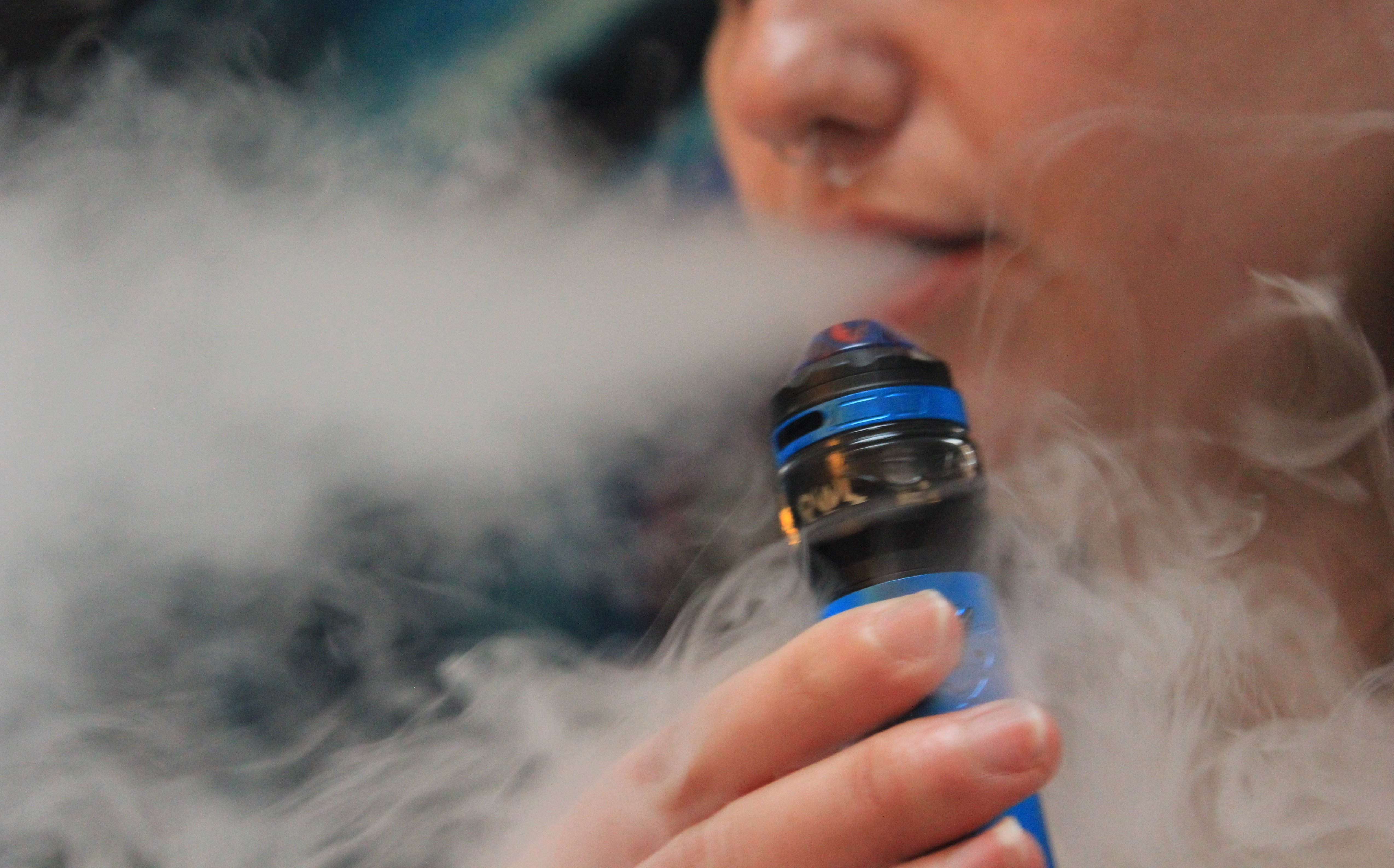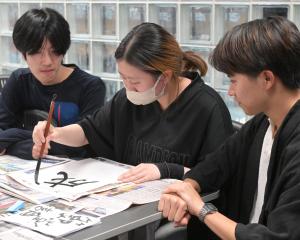
Data from a 2019 Youth2000 survey of the health and wellbeing of more than 7000 secondary school students, aged 13-18, showed many of them wanted to cut back on their drug and alcohol use.
However, study lead author and University of Otago (Wellington) public health senior research fellow Dr Jude Ball said those students did not know where to turn for help.
"That tells us they’re open to support, but in too many cases, they’re not getting the help they need."
Dr Ball called for more government investment in drug harm prevention and early intervention, to help prevent drug harm before it took hold.
The study looked at students’ use e-cigarettes, tobacco, alcohol and cannabis.
Dr Ball said 66% of the students who smoked tobacco expressed a desire to cut down or stop using tobacco.
"That equates to about 7000 secondary students nationally wanting to cut down or quit smoking," she said.
Just over a third of those using e-cigarettes, and 31% of those using cannabis, also wanted to cut down or stop their use.

"We were struck by how many young people were worried about their own drug use and wanted to cut back."
She said those who used tobacco were the most likely to find it difficult to get support to quit.
Of those who had smoked in the past month, 19% said it had been hard to find help in the previous 12 months, compared with 5% of those who had drunk alcohol and/or used cannabis.
The study also found some groups were more likely to have trouble getting help with quitting than others — particularly Māori, Pacific, LGBTQ+ youth, those aged under 16 and those living in small towns, rural areas and socio-economically deprived communities.
"This isn’t just about personal choices.
"It’s about environments, communities and systems that are failing some of our most vulnerable young people.
"We must make sure prevention and early intervention efforts are culturally safe, locally relevant and youth-friendly," Dr Ball said.
"Putting more investment into drug harm prevention and early intervention, particularly for these underserved groups, could help prevent drug harm before it takes hold."












